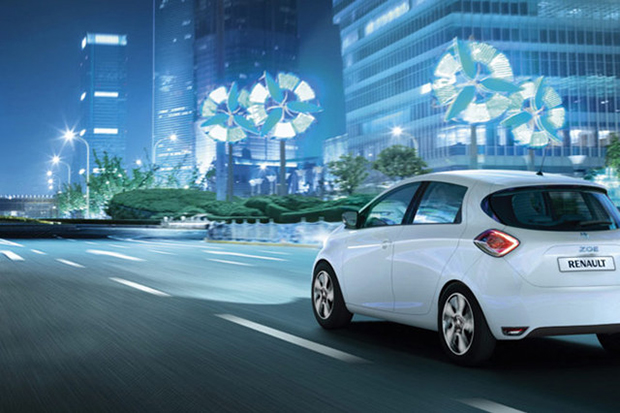21 December 2016
Government aims to encourage ULEV demand with 2020 company car tax shake-up
Company car benefit-in-kind tax changes are to be introduced at the start of the 2020/21tax year, to encourage fleet and employee demand for ultra-low emission vehicles.

Company car benefit-in-kind tax rates up to the end of 2019/20 are already known, but in the government’s Autumn Statement, Chancellor of the Exchequer Philip Hammond outlined how they will be reformed to encourage uptake of ultra-low emission cars from April 2020.
From that date, company car tax incentives for ultra-low emission vehicles will see:
- The appropriate percentage for zero emission cars set at 2%, a cut of 16% in the 2019/20 tax year.
- For cars with CO2 emissions of 1-50g/km the appropriate percentage will vary between 2% and 14% (also down from 16% in 2019/20). This is linked to the number of zero emission miles a car can travel.
From April 2020, the appropriate percentage on cars with emissions above 90g/km will increase by one percentage point up to a maximum value of 37%. The rates for cars with CO2 emissions of 51-89g/km are expected to be detailed in the December Finance bill.
The bill will also reveal the more granulated range of company car tax bandings for ultra-low emission cars, which the British Vehicle Rental and Leasing Association (BVRLA) has suggested could amount to 11.
While the new bandings will create a much greater incentive for employers and employees to choose the cleanest electric and hybrid cars - according to Gerry Keaney, BVRLA chief executive, the timing of the changes would lead to a drop-off in demand for those vehicles in the interim period leading up to April 2020.
Highlighting that company car benefit-in-kind tax for ultra-low emission cars ‘rises significantly’ between now and 2019/20 - the appropriate percentage of list price for cars with CO2 emissions of 0-50g/km is 7% in 2016/17 - Mr Keaney said: ‛r8;These decisions are pragmatic, cost-conscious ones and we are concerned that they may be deferred until the incentives come into effect.’
He added: ‘We will continue to push the government to introduce green incentives that work now rather than later.’
Mr Hammond’s announcement followed a recent consultation on the government proposals, and while fleet operator organisation ACFO welcomed ‘greater clarity around company car benefit-in-kind tax for ultra-low emission vehicles and the introduction of thresholds that recognise zero-emission mileage’, chairman John Pryor said: ‘We await with interest as to the detail and how benefit-in-kind tax rate thresholds will align with cars’ zero-emission mileages.’
‘In announcing what the government believes will be incentives to encourage fleets to operate ultra-low emission cars and employees to choose them from April 2020, it is disappointing that the government has given a confusing view as to exactly what tax rates will be for cars with CO2 emissions between 51g/km and 89g/km - having announced a one percentage point increase for vehicles above 90g/km.’
Mr Pryor also shared Mr Keaney’s concern around the signposted drop in benefit-in-kind tax thresholds for zero and ultra-low emission cars, saying: ‘It is difficult to comprehend that in reality the already published benefit-in-kind tax rate for zero emission cars in 2019/20 of 16% will reduce to 2% and those with emissions between 1-50g/km will also significantly fall.’
Dan Rees, associate director, employment taxes, at Deloitte, said: ‘The introduction of zero emission mileage to the basis of taxing a company car is a welcome development, as are the further tax incentives for ultra-low emission vehicles from 2021.’
However, he warned: ‘Without an incentive linked to how an ultra-low emission vehicle is used on the road, this will not prevent drivers using the combustion engine alone in a hybrid car.'
Mr Rees suggested that HM Revenue and Customs should publish lower advisory mileage reimbursement rates for hybrid cars to ‘encourage drivers to use the car in the optimal environmentally-friendly way’. However, he added that employers were free to set their own lower rates and added ‘thought should be given to this for these cars’.


